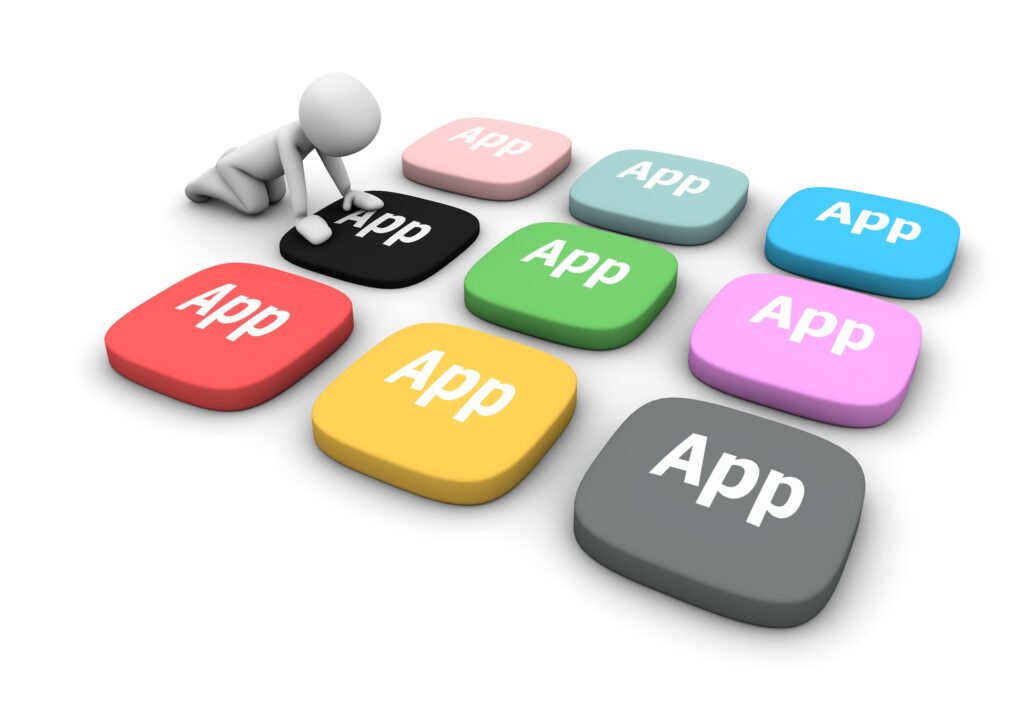In today’s digitally connected world, smartphones have become more than just communication devices; they’re our portals to a vast array of apps that simplify our lives. However, not all apps are created equal when it comes to privacy. Some apps have a keen interest in your whereabouts, using your location data to provide tailored experiences. In this article, we explore the different types of apps that track your location and shed light on what you need to know to make informed choices about your privacy.

1. Navigation Apps
Navigation apps are perhaps the most obvious examples of location tracking. Apps like Google Maps, Apple Maps, and Waze rely on your real-time location to provide accurate directions, estimated travel times, and information about nearby points of interest.
2. Social Media Apps
Many social media platforms, such as Facebook, Instagram, and Twitter, offer features that allow you to share your location with friends and followers. While these features can enhance social interactions, they also mean that your location data could potentially be accessed by a broader audience than you intended.
3. Weather Apps
Weather apps often use your location data to provide localized weather forecasts. By knowing your location, these apps can deliver accurate weather information based on your current whereabouts.
4. Fitness and Health Apps
Fitness and health apps, like Fitbit, Strava, and MyFitnessPal, often track your location to map your exercise routes or provide accurate distance measurements. This data can be useful for tracking your progress and setting fitness goals.
5. Travel Apps
Apps designed to assist with travel planning, such as TripAdvisor and Airbnb, often require your location to offer recommendations based on where you are or to help you find accommodations, restaurants, and attractions nearby.
6. Delivery and Ride-Sharing Apps
Apps like Uber, Lyft, and food delivery services need your location to connect you with drivers or couriers and ensure accurate delivery.
7. Dating Apps
Dating apps like Tinder and Bumble use location data to help you find potential matches in your area. This can enhance the app’s functionality by connecting you with people who are geographically closer.
8. Local Services and Business Apps
Apps like Yelp and Foursquare use your location to recommend nearby restaurants, shops, and other businesses. This can be especially useful when you’re exploring a new area.
9. Home Automation and IoT Apps
Apps that control smart home devices, such as thermostats, security cameras, and lights, may require location data to trigger actions based on your proximity to your home.
10. News and Weather Widgets
Some news and weather widgets on your device’s home screen might display local news or weather updates based on your location.
Understanding Location Permissions
Apps that track your location typically require your permission to access this data. When you install a new app, you’re often prompted to grant or deny location access. Some apps might also ask for location access only while you’re using the app, while others might request continuous access, even when the app is in the background.
Protecting Your Privacy
While location tracking apps offer valuable services, it’s essential to be mindful of your privacy. Here are some steps you can take:
-
Review App Permissions: Regularly review the permissions granted to your apps. Disable location access for apps that don’t need it for their core functionality.
-
Use App-Specific Settings: Some apps allow you to adjust location settings within the app. Take advantage of these settings to limit tracking.
-
Use System Location Settings: Both iOS and Android devices allow you to control location access through system settings. Fine-tune which apps have access to your location and when they can use it.
-
Turn Off Location Services When Not Needed: When you’re not actively using location-dependent apps, consider turning off location services to conserve battery life and minimize tracking.
Conclusion
Location tracking apps have become an integral part of our digital lives, offering convenience and personalized experiences. However, it’s essential to strike a balance between the benefits they provide and your privacy concerns. By being aware of which types of apps track your location and taking control of your app permissions, you can enjoy the advantages of these apps while safeguarding your personal information.